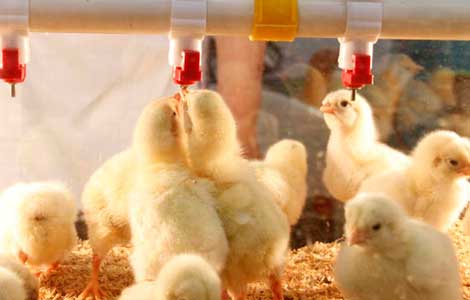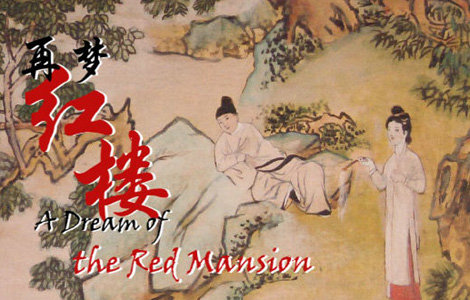US unlikely to be swayed by pork firm's possible IPO
Updated: 2013-07-18 11:09
By Joseph Boris in Washington (China Daily)
|
||||||||
News that the proposed Chinese buyer of pork producer Smithfield Foods Inc would become a publicly traded company after completing the deal probably won't matter to US officials reviewing its national-security implications.
Reuters, citing people with knowledge of the matter, reported on Tuesday that Shuanghui International Holdings Ltd plans to launch an initial public offering of stock in the combined company and list the shares on Hong Kong's exchange after the acquisition becomes final. The IPO would be valued around $4 billion, the sources said.
Listing as a public company would require Shuanghui, China's largest meat producer, to disclose financial and other information that it isn't required to provide as a privately owned firm. Its corporate offices are in Hong Kong, but Shuanghui operates mainly on the Chinese mainland, in central Henan province. A subsidiary, Henan Shuanghui Investment & Development, trades on the Shenzhen stock exchange, with is much smaller than Hong Kong's.
But to the Committee on Foreign Investment in the United States, which is reviewing the Smithfield deal for its potential impact on national security, a Hong Kong IPO "makes no difference", said Derek Scissors, a senior fellow at the Heritage Foundation in Washington who studies Asian economies.
"It does not bear on any national-security risk, which I believe to be minimal," he said. "It may be slightly helpful politically to have Shuanghui face higher disclosure requirements. However, the focus of the political objections in the US Senate is not on financial disclosure, but rather on a vague fear about the food supply and lack of reciprocity on the Chinese side."
Senators from both political parties have voiced concerns about the takeover of a major American meat producer by a company from China, which has had several food-safety scares.
Both Shuanghui and Smithfield say the deal will provide more pork exports to China, the world's No 1 consumer of the meat, with no threat to US supplies or safety.
At $4.7 billion plus debt, this would be the biggest acquisition of a US company by a Chinese buyer. If the deal fails to get CFIUS' approval, the reputation of the United States could take a hit.
"If this doesn't go through, I think it will be the nail in the coffin for any credibility that we have as an open investment environment," said Nicholas Lardy, a China specialist at the Peterson Institute for International Economics.
He pointed out that although CFIUS green-lights most transactions it reviews, many Chinese believe their companies have been singled out for rejection in recent years.
"The cases that are not approved are rarities," Lardy said. "I don't think it's half as bad as the Chinese think, but you can't convince them. Treasury secretary after Treasury secretary stands up and says, 'We have the most open investment environment in the world', but you know that doesn't convince the other side when they've had some spectacular transactions that failed to go through."
Among those was the 2005 bid by China National Offshore Oil Corp, or CNOOC, for oil producer Unocal Corp. In one of the biggest thwarted deals in US history, CNOOC dropped its $18.5 billion offer - then pending before CFIUS - amid complaints from members of Congress over perceived harm to US national and energy security. Unocal was instead bought by Chevron Corp, whose competing was priced lower than CNOOC's.
Last year, President Barack Obama's administration, on national-security grounds, blocked the sale of four Oregon wind farms to Ralls Corp, which is backed by Chinese heavy-equipment maker Sany Group. The wind farms were either in or near airspace that is restricted due to the presence of a US Navy weapons-testing facility.
Sany executives responded by suing the Obama administration, saying they should have had a chance to review and correct specific security threats that the Ralls deal posed.
But Chinese officials' desire to make the CFIUS process more transparent isn't likely to find much support. The 1988 law that set up the committee is predicated on confidentiality, so as to protect company trade secrets and other information.
"The executive branch doesn't like to go around implementing practices that are at variance with the things Congress has passed because it will come back to bite you," Lardy said.
josephboris@chinadailyusa.com
(China Daily USA 07/18/2013 page2)
Most Viewed
Editor's Picks

|

|

|

|

|

|
Today's Top News
GSK finance head not allowed to leave
Putin puts US ties above Snowden
DPRK demands Panama free seized ship
7.75% growth possible for 2013: IMF
Bomber as rock star?
More use smartphones to access the Internet
Mandela making dramatic progress: daughter
Manila playing for 'sympathy'
US Weekly

|

|













